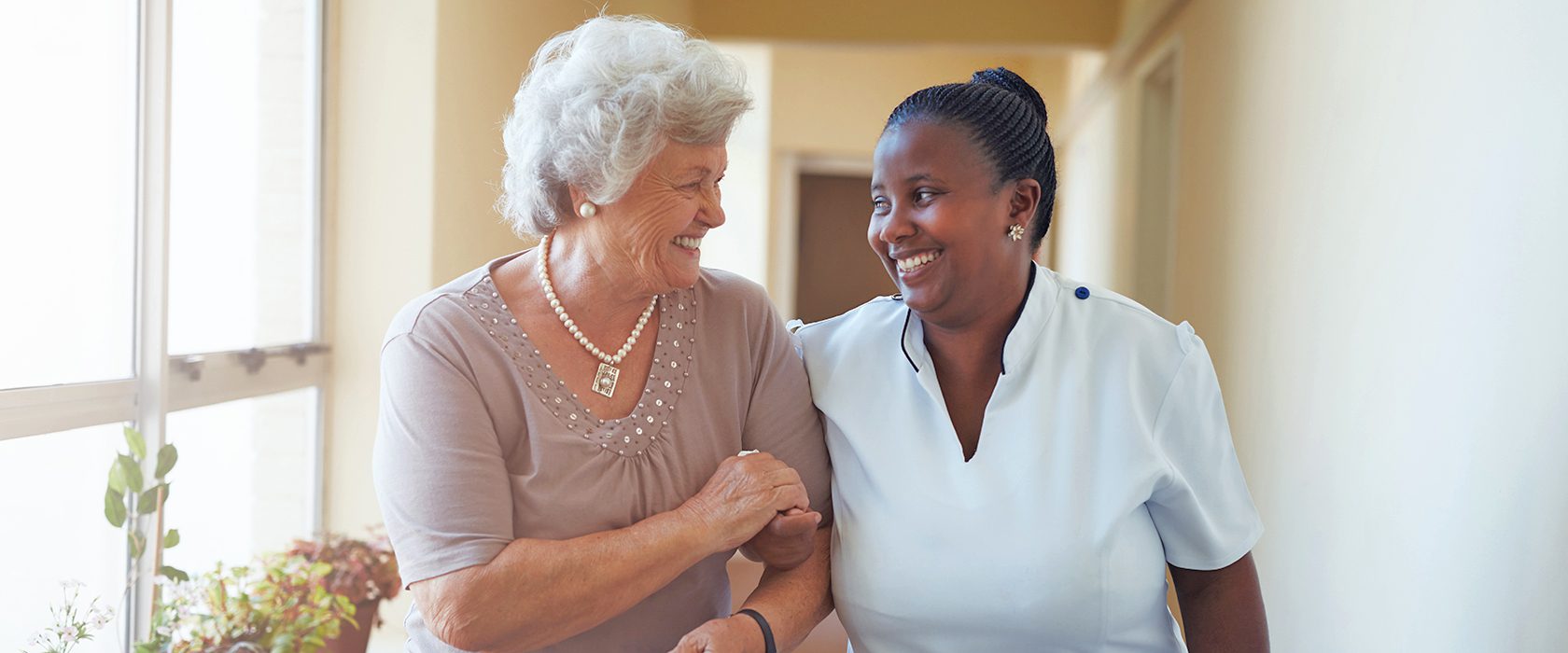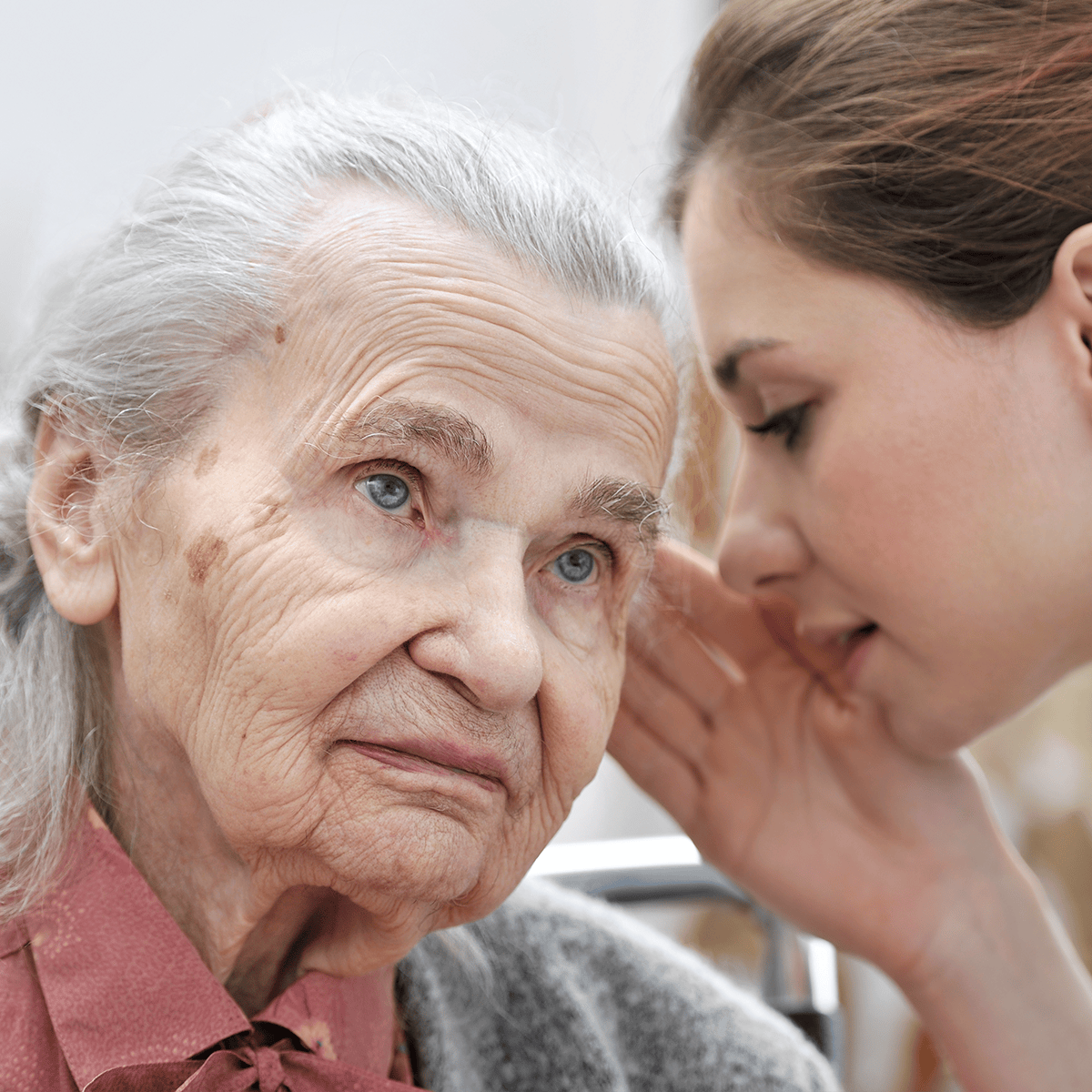Helping Seniors Transition from Hospital to Home

Returning home from the hospital require special attention from a senior caregiver
Meet Nora. Actually, she likes to be called “Nurse Nora.” She’s a Community Health and Transitional Care Nurse who helps seniors who have been hospitalized. Transition is a critical step in returning seniors to their daily routine following a hospital stay, especially if the hospitalization has resulted in necessary changes to that routine—rehabilitation, medications, follow-on checkups and so on. Nora has insight for caregivers of senior patients and her experiences provide guidance to caregivers who will play a key role in a successful transition.
Understanding Transitional Care
Life throws us those surprises that sometimes lead to illness, accident and possible hospitalization. That train of events can be tumultuous when they occur although there’s often a feeling of comfort when a loved one is in the care of a medical staff.
There’s also hospitalization that comes in a planned manner; when a particular procedure is required, and a hospital visit has been scheduled. Even so, it’s a disruption to daily life for both the patient as well as to the caregiver.
But this isn’t the transition that Nora wants us to understand.
Transitional Care is necessary when it’s time to leave the hospital and leave the round-the-clock attentiveness of the doctors and attending staff. Usually (hopefully), the hospital stay is brief and quickly comes the statement, “We’ll be sending you home today.”
There’s an anxiety associated with going back home because usually life will be a bit different, especially during the extended recovery. This is the point where both senior patients and their caregivers experience doubt and concern.
Nora says, “relax…and be ready.” Transition can be planned and it can be successful…for everyone.
What does a transitional care specialist do?
When it’s time for a senior patient to leave the hospital and return to their home, Nurses like Nora are a conduit between the patient, the physicians and the caregivers (be they family or home assistance specialists). Nora helps the patient and the caregivers understand what to expect and what to do to make the transition as smooth as possible.
“I start by getting organized,” Nora begins, “and transition planning actually begins the day a patient checks in to the hospital.”
Nora determines the reason for the hospitalization and, after conferring with the attending physicians and staff, learns of the anticipated duration for the patient’s stay (knowing that the situation is subject to change depending upon the patient’s response to treatment). She seeks to meet with the patient at first practical opportunity, first to assess overall health and recovery potential but, also to determine their mental attitude to their situation.
“Attitude is so important. I want to understand how they are responding to their situation and, in the unfortunate case of chronic conditions, how well they and their family or other caregivers are accepting that reality, whatever it may be.”
Nora meets with family members to discuss transition planning, then takes steps to actually assist in the return to home life. When possible, she’ll visit the patient’s home to assess safety and security. She’ll help the patients and their caregivers adjust the home environment to make it as comfortable as possible for the recovering patient. She’ll also keep in contact with the patient and attending caregivers to ensure the transition is going smoothly and to provide guidance for additional services that can help in the weeks, months and years to come.
Those in Nora’s profession are motivated to help people in these situations and to give them the aid and assurance they need to confidently move forward following a hospitalization.
Tips for a successful transition from hospital to home
Planning and expectation setting is at the heart of the successful transition. Acceptance and willingness to adapt to change, likewise, is crucial for success. If you’re a family member or caregiver who’s preparing to bring a senior patient back home, here are some key items that you should anticipate:
- Be positive: For everyone involved—the senior patient, the caregivers, family and friends—a positive outlook and demeanor is absolutely necessary during transitions like this. Even if a prognosis is less than hoped for, keeping spirits high each day is sometimes the very best medicine around.
- Be flexible: Transitions like this almost always incur change. Daily routines can be affected and modification will most likely be necessary. Emerging technology like digital home assistants, emergency alert devices, or even caption phones can help make life a little easier. Include this in the planning prior to the actual discharge from the hospital then be ready to adjust as each day progresses, as required or directed.
- Be alert: After discharge from a hospital, there can be after-affects (physical or mental) that require attention and readiness. Ask plenty of questions – from daily medication schedules, to monitoring existing conditions, to follow up needs. Speak with the attending physicians before, during and after discharge to know what to watch for and what to report, if need be.
- Be realistic: Life is about change; that’s the good and bad news (depending upon your outlook). Be as relaxed and ready as possible for what comes following discharge. Insistence that “things go back to how they were” might not be feasible. Be open to the adjustment and, most of all, be available to help the senior understand and accept their transition.
While a hospital stay for elderly patients can bring anxiety and uneasiness, Nora reminds us that our preparedness, practically and psychologically, will make a world of difference to the transition experience. Accepting life’s changes is, well, part of life itself. Embracing each event along the way can enrich our experience, our understanding, and will put us in the best possible position to help those we care for. Be positive and welcome each new day with those you love.




